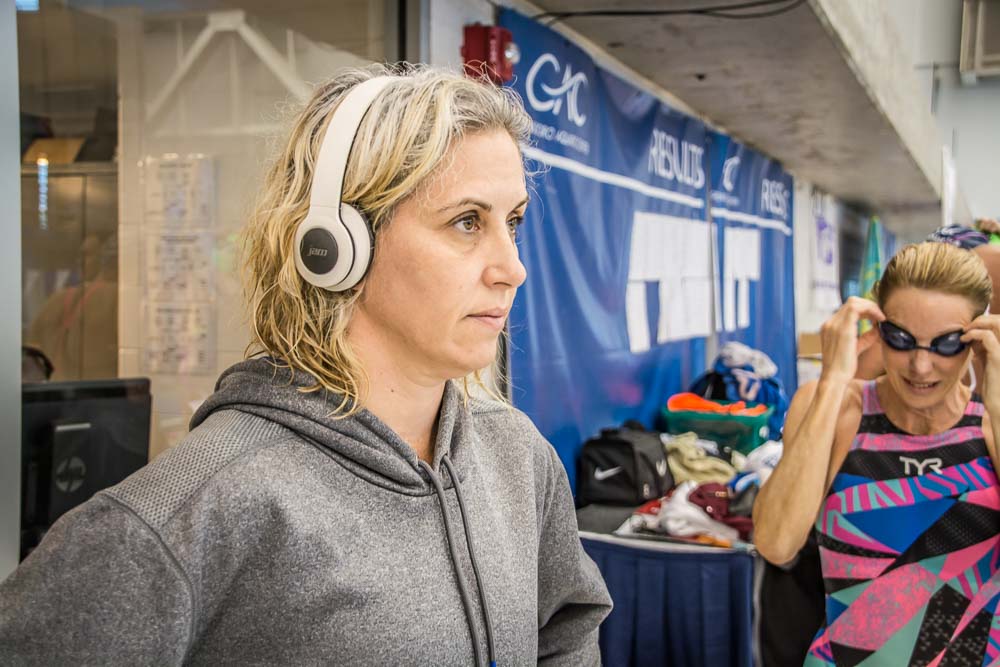Late-Match Jitters: Sinner's Paris Masters Triumph

Table of Contents
Sinner's Mental Fortitude: A Key Factor in Paris
Jannik Sinner, known for his powerful groundstrokes and aggressive baseline game, has historically been identified as a player who sometimes struggles with consistency in crucial moments. However, his Paris Masters performance revealed a significant leap in his mental strength. This wasn't just about hitting winners; it was about managing the immense pressure of a high-profile tournament. His mental resilience was arguably the biggest factor in his success.
- Examples of Sinner's Mental Resilience:
- Example 1: In his quarter-final match against [Opponent's Name], Sinner faced a daunting deficit in the third set, but he rallied back with unwavering focus, demonstrating incredible resilience to eventually clinch the victory.
- Example 2: During a tense tie-break in the semi-final, facing match point, Sinner maintained composure, executed his shots with precision, and ultimately won the point, showcasing his ability to handle intense pressure.
- Example 3: Throughout the tournament, Sinner's strategic decision-making in crucial moments was impeccable. He adapted his game plan based on his opponent's weaknesses, showing a maturity beyond his years.
His mental approach clearly evolved throughout the tournament. Initially displaying some nerves, he progressively grew calmer and more focused, showcasing the importance of pressure management and mental toughness in high-stakes tennis. Keywords: mental strength, mental toughness, resilience, pressure management, strategic thinking, tennis psychology.
Tactical Adjustments and Late-Match Strategies
Sinner's victory wasn't solely based on mental strength; it also involved smart tactical adjustments in the later stages of the tournament. He skillfully adapted his game plan to exploit his opponents' vulnerabilities and overcome late-match nerves.
- Specific Tactical Adjustments:
- Serve and Volley: He strategically employed serve and volley tactics more frequently in crucial points, disrupting the rhythm of his opponents and creating easier put-away opportunities.
- Return of Serve: Sinner honed his return of serve, targeting his opponents' weaknesses and setting up attacking opportunities.
- Opponent Analysis: He meticulously analyzed his opponents’ playing styles, identifying weaknesses and tailoring his strategy accordingly. This proactive approach helped minimize risks and enhance his confidence.
These tactical adaptations weren't random; they were a deliberate response to pressure situations, demonstrating his evolving strategic thinking and game plan execution. Keywords: tennis tactics, strategic adjustments, game plan, serve and volley, return of serve, opponent analysis.
The Role of Coaching and Support System
Sinner's success in Paris wasn't a solo effort. His coaching staff played a pivotal role in bolstering his mental game and helping him manage his nerves. Their contribution extended beyond technical guidance; they likely employed mental coaching techniques, focusing on positive reinforcement, visualization, and strategies for overcoming self-doubt. His support network – family, friends, and team – provided crucial emotional support, reinforcing his confidence and creating a positive environment. Keywords: tennis coaching, mental coaching, support system, teamwork, performance enhancement.
Overcoming Self-Doubt: A Winning Mindset
Even the most successful athletes grapple with self-doubt. Sinner's journey in Paris involved conquering internal battles, likely fueled by the pressure to perform at the highest level. The use of positive self-talk and visualization techniques – likely employed with the help of his coaching team – would have been instrumental in building his confidence and silencing his inner critic. This focus on cultivating self-belief transformed potential setbacks into opportunities for growth and ultimately, victory. Keywords: self-doubt, positive self-talk, visualization, confidence, self-belief.
Mastering the Late-Match Jitters: Lessons from Sinner's Paris Victory
Jannik Sinner's Paris Masters triumph wasn't just a testament to his talent; it was a masterclass in conquering late-match jitters. His victory highlights the crucial interplay of mental fortitude, tactical flexibility, and a strong support system in high-pressure situations. Sinner's journey showcases that mastering the mental game is just as crucial as mastering the physical one.
Aspiring tennis players can learn immensely from Sinner's experience. Analyze his performance, identify the strategies that resonated with you, and adapt them to your own game. Focus on building your mental resilience, developing adaptable tactical approaches, and surrounding yourself with a supportive team. By diligently working on managing late-game pressure, conquering match anxiety, and overcoming late-stage nerves, you too can improve your performance in crucial moments and achieve your own victories.

Featured Posts
-
 Ozempic For Everyone Exploring Glp 1 Drugs And Their Expanding Uses
May 28, 2025
Ozempic For Everyone Exploring Glp 1 Drugs And Their Expanding Uses
May 28, 2025 -
 Trumps Plan To Divert Harvard Grants Impact On Higher Education
May 28, 2025
Trumps Plan To Divert Harvard Grants Impact On Higher Education
May 28, 2025 -
 Kodam Udayana Perkuat Komitmen Dalam Gerakan Bali Bersih Sampah
May 28, 2025
Kodam Udayana Perkuat Komitmen Dalam Gerakan Bali Bersih Sampah
May 28, 2025 -
 Alejandro Garnacho Transfer Speculation Atletico Madrid Interest
May 28, 2025
Alejandro Garnacho Transfer Speculation Atletico Madrid Interest
May 28, 2025 -
 Smartphone Samsung Galaxy S25 Ultra Une Reduction De 13
May 28, 2025
Smartphone Samsung Galaxy S25 Ultra Une Reduction De 13
May 28, 2025
